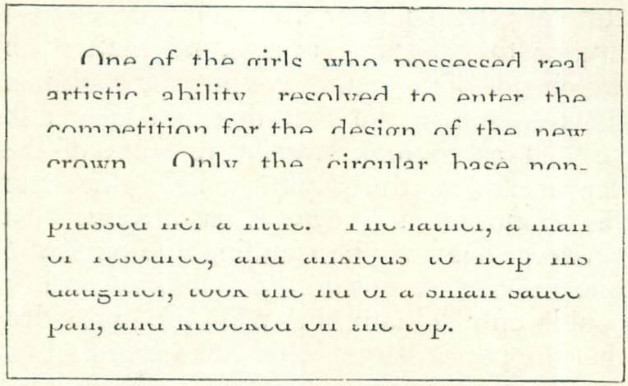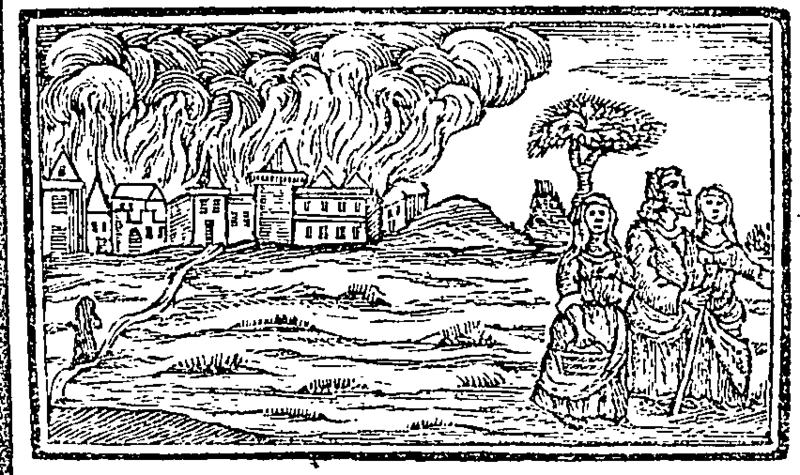The 45-letter pneumonoultramicroscopicsilicovolcanoconiosis is often cited as one of the longest words in English — it’s been recognized both by Merriam-Webster and by the Oxford English Dictionary. The OED Supplement traced it to a 1936 puzzle book by Frank Scully called Bedside Manna, defining it as “a disease caused by ultra-microscopic particles of sandy volcanic dust.” But in fact it had appeared first in a Feb. 23, 1935, story in the New York Herald Tribune:
Puzzlers Open 103rd Session Here by Recognizing 45-Letter Word
Pneumonoultramicroscopicsilicovolcanoconiosis succeeded electrophotomicrographically as the longest word in the English language recognized by the National Puzzlers’ League at the opening session of the organization’s 103d semi-annual meeting held yesterday at the Hotel New Yorker.
The puzzlers explained that the forty-five-letter word is the name of a special form of silicosis caused by ultra-microscopic particles of silica volcanic dust …
At the meeting NPL president Everett M. Smith had claimed the word was legitimate, but in fact he’d coined it himself. Distinguished by the newspaper, it found its way into Scully’s book and thence into the dictionaries, “surely one of the greatest ironies in the history of logology,” according to author Chris Cole. Today it’s recognized as long but phony — Oxford changed its definition to “an artificial long word said to mean a lung disease caused by inhaling very fine ash and sand dust.”
(Chris Cole, “The Biggest Hoax,” Word Ways 22:4 [November 1989], 205-206.)





